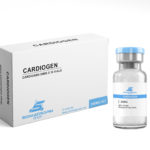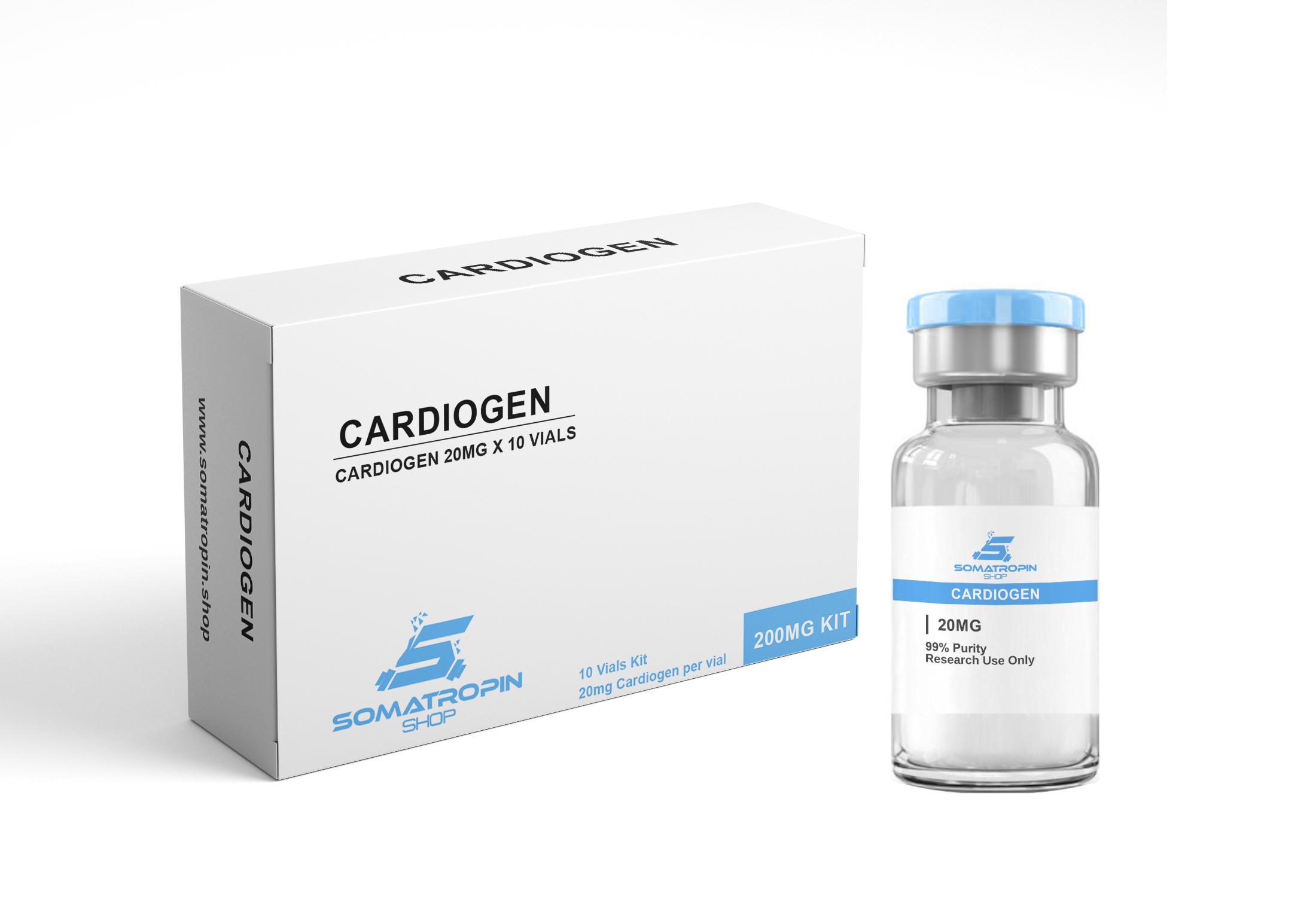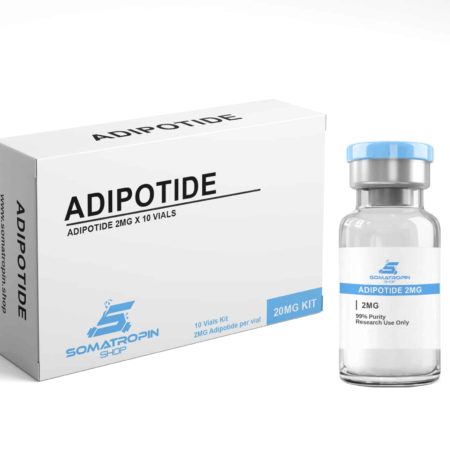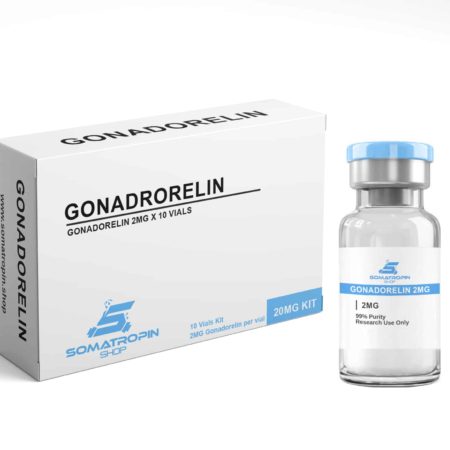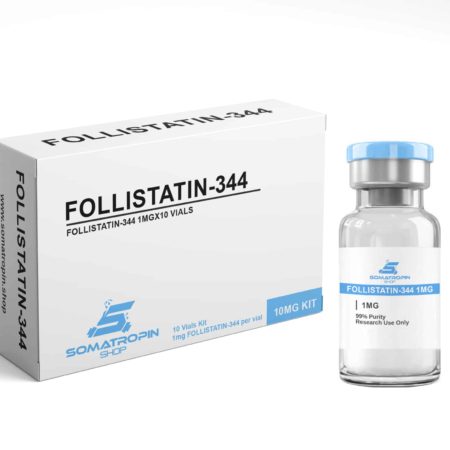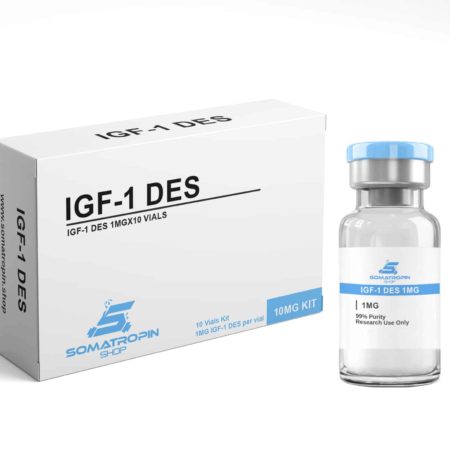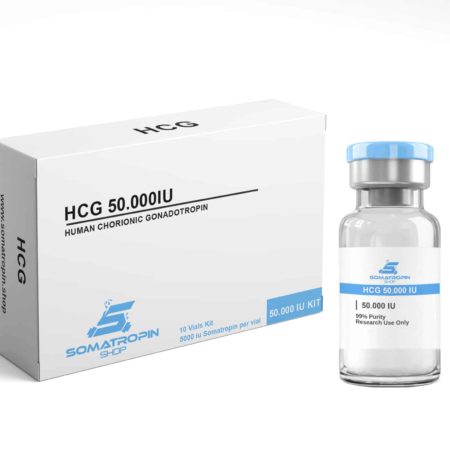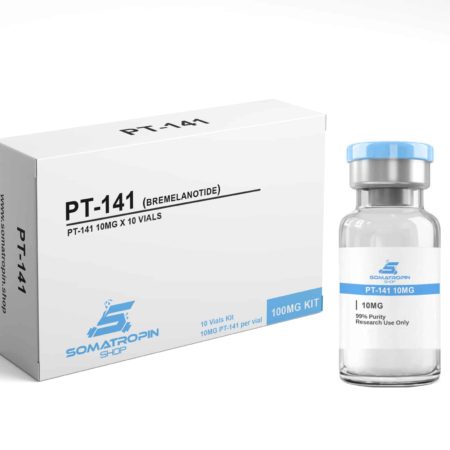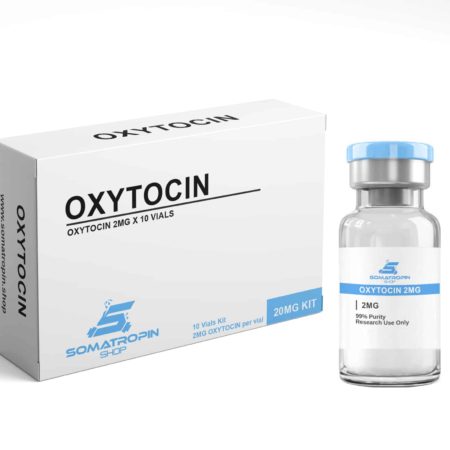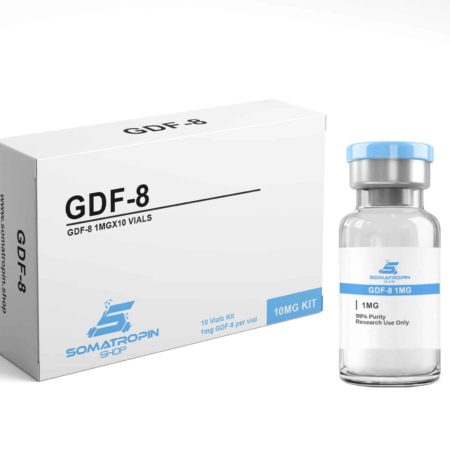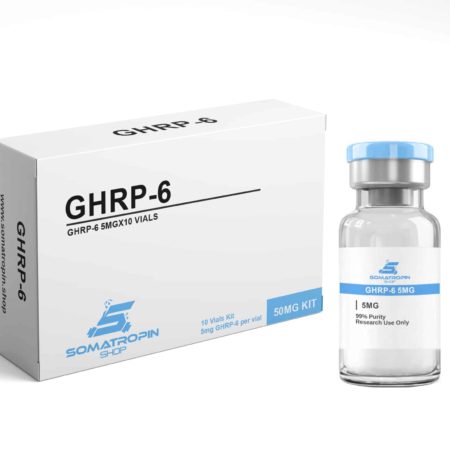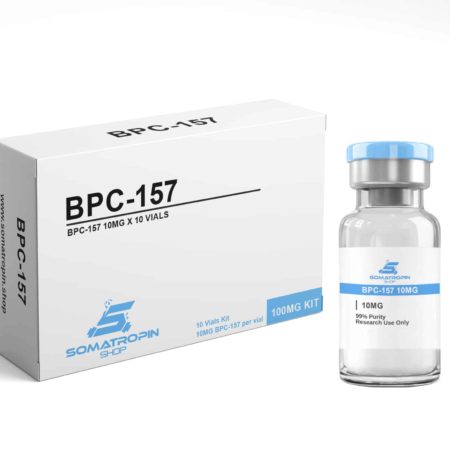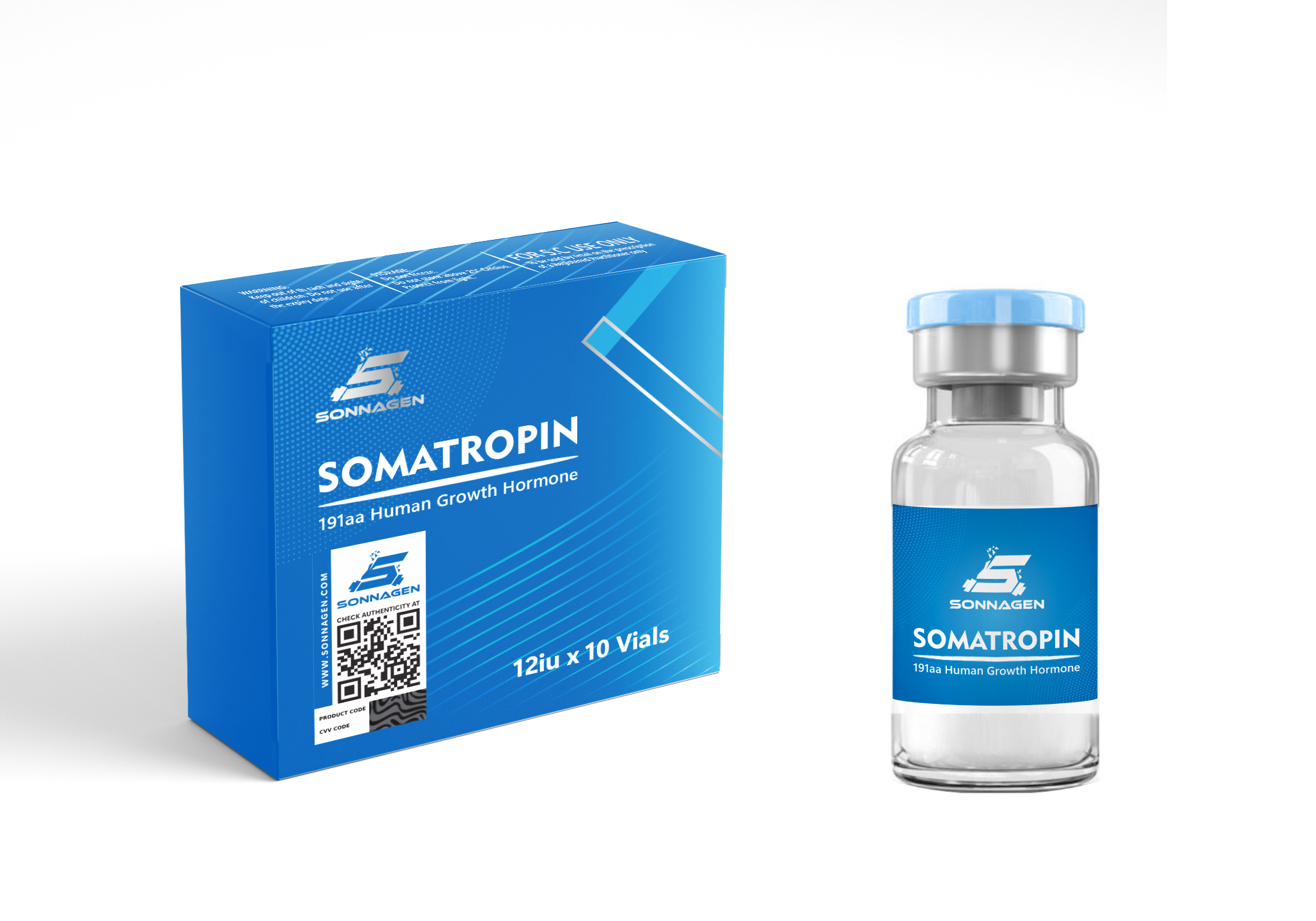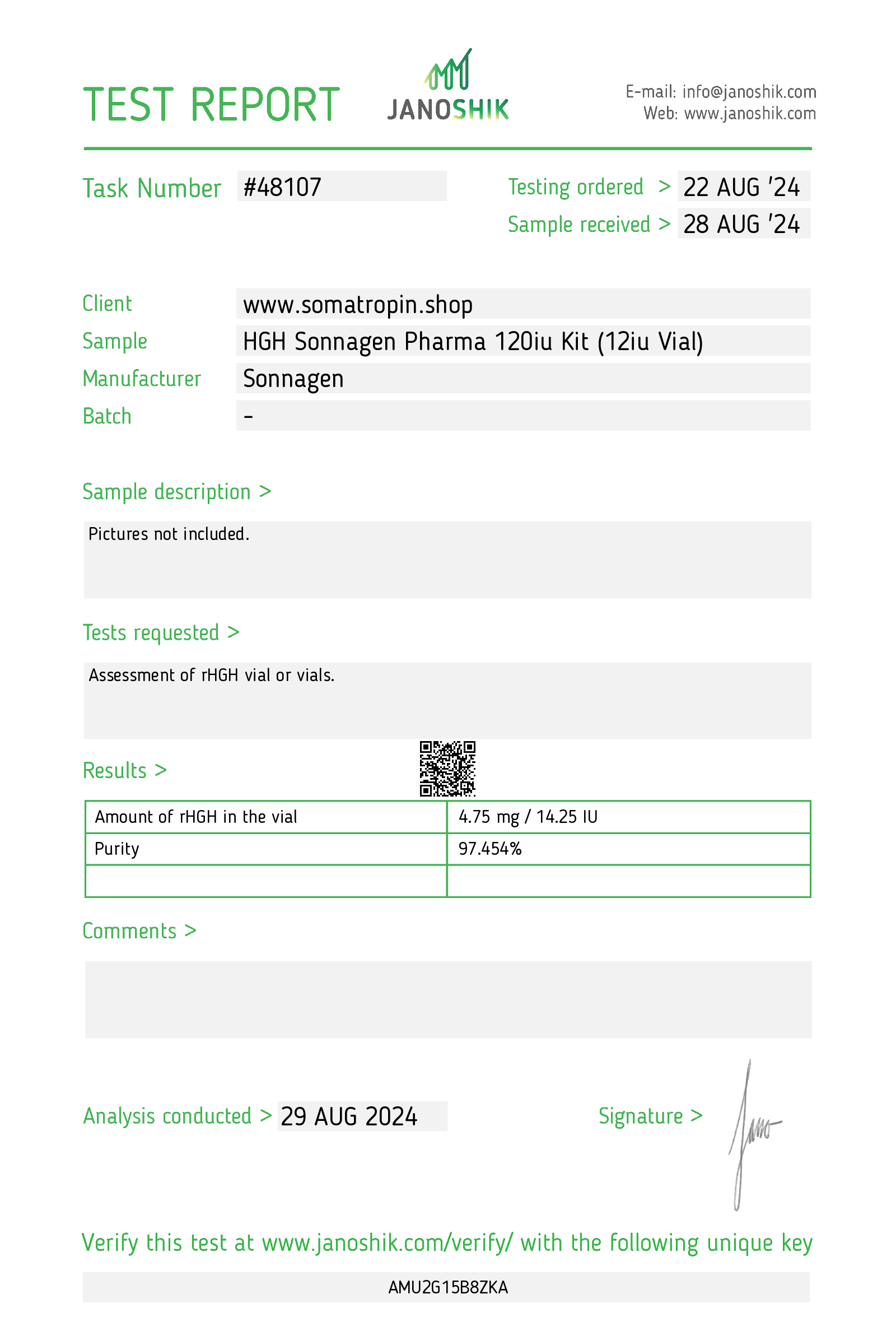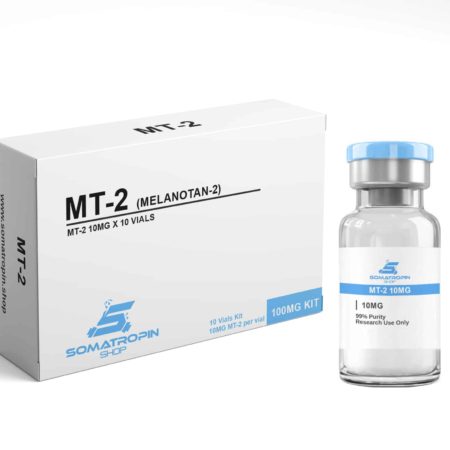Cardiogen, is a bioregulator peptide which appears to have potent effects on multiple body tissues including the heart and prostate. Additionally, the peptide may be beneficial in the treatment of certain types of cancer, particularly sarcoma. Currently, the biggest benefits of cardiogen appear to be in the settings of heart attack, hypertension, and chronic heart failure where the peptide not only offers benefits of its own accord, but acts in a synergistic manner with established treatments.
What is Cardiogen?
Cardiogen is a short peptide with known properties as a bioregulator. Research shows that its primary effects are on fibroblasts, the cells responsible for tissue repair and scar formation throughout the body. Though the focus on cardiogen has been on its role in a variety of cardiovascular diseases (hence the name), research shows that its ability to alter fibroblast activity has potential benefits in a variety of tissues. In addition, cardiogen appears to by a synergistic peptide, enhancing the benefit of certain standard therapies and thereby improving long-term outcomes while reducing side effects. Finally, preliminary research in rat models suggests that cardiogen may increase rates of apoptosis in tumor cells.
Structure
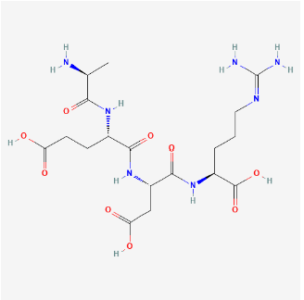
Source: PubChem
Cardiogen and the Heart
In the heart, cardiogen appears to stimulate cardiomyocyte proliferation while reducing fibroblast growth and development. This leads to decreased scar formation and improved long-term outcomes in regards to cardiac remodeling leading to heart failure. Additionally, it appears that cardiogen 20mg can decrease p53 protein expression and thereby diminish rates of apoptosis.
Cardiogen and Cancer
Even though cardiogen reduces apoptosis in heart cells by down-regulating p53 expression, it may have the opposite effect in tumor cells. Research in rat models of M-1 sarcoma shows that apoptosis levels are higher in the tumor cells following administration. What is more, the effect is does-dependent, indicating that the biological effect is real. The peptide appears to enhance apoptosis in tumor cells and may be somewhat selective for tumor cells due to their enhanced and unusual vascular supply. This may make cardiogen a targeted treatment for at least some types of cancer. In addition, if the peptide enhances the action of standard cancer treatments (as it does in heart disease treatment), then it may prove a very potent addition to the arsenal of cancer fighters.
Doctors Levdik and Knyazkin, both of whom have worked in some capacity with Vladimir Khavinson through the St. Petersburg Institute of Bioregulation and Gerontology and the Russian Academy of Medical Sciences, have extensive experience researching the impact of amino acids and short peptides on both cancer and healthy tissues as they become dysfunctional and precancerous. Their work with Cardiogen 20mg has positioned it as the next possible candidate for approval, in Russia, for the treatment of sarcoma.
Cardiogen 20mg and the Prostate
Research in tissue cultures shows that cardiogen, along with several similar peptides, alters the expression of signaling factors in fibroblasts of the prostate. Levels of these signaling factors are important in establishing favorable a microenvironment within tumors and may contribute to both the development and progression of prostate cancer. Solid evidence shows that the synthesis of these markers is substantially altered in aging and senescent fibroblasts, which may explain why prostate cancer is almost ubiquitous in older men but nearly unheard of in younger men. In fact, studies show that this peptide can normalize levels of these signaling molecules to match or even improve upon what is seen in young cell cultures, suggesting that cardiogen may be effective both in preventing prostate cancer and in controlling its progression once it develops.
Summary
Cardiogen, while less researched than some other bioregulators, appears to have potent effects on multiple body tissues including the heart and prostate. Additionally, the peptide may be beneficial in the treatment of certain types of cancer, particularly sarcoma. Currently, the biggest benefits of cardiogen appear to be in the settings of heart attack, hypertension, and chronic heart failure where the peptide not only offers benefits of its own accord, but acts in a synergistic manner with established treatments.
Related Products
Adipotide, also known as FTPP, is an experimental weight loss treatment that kills fat cells by targeting the blood supply of those cells.
All Peptides are shipped non labeled
Gonadorelin is a gonadotropin releasing hormone agonist that has shown benefit in the treatment of infertility and hypogonadism. Recent research suggests that gonadorelin may be useful in slowing the growth of breast and prostate cancer. Studies also show promise in the treatment of Alzheimer’s disease.
20mg Kit
2mg X 10 Vials
All Peptides are shipped non labeled
10mg Kit
1mg X 10 Vials
All Peptides are shipped non labeled
IGF-1 DES is a truncated, natural version (splice variant) of insulin-like growth factor-1. Naturally found in the brain, breast milk, and uterine tissue, IGF-1 DES stimulates hypertrophy and hyperplasia of a number of different cell lines. Research has shown this version of the protein to be more potent than standard IGF-1, mostly as a result of its enhanced bioavailability. Currently, researchers are looking at ways to utilize IGF-1 DES in the treatment of inflammatory bowel disease (IBD), autism, and a variety of neurological conditions. Research shows that it helps to maintain the health of synaptic connections in the central nervous system and, like all IGF-1, promotes the repair of muscle and connective tissue.
10mg Kit
1mg X 10 Vials
All Peptides are shipped non labeled
PT-141, also called Bremelanotide (generic clinical name), is a heavily modified synthetic derivative of alpha-melanocyte-stimulating hormone. It has been tested in clinical trials as a treatment for both male/female hypoactive sexual desire disorder and acute hemorrhage. PT-141 is an agonist for the melanocortin-4 and melanocortin-1 receptors. Research shows that it promotes sexual arousal and stimulates the immune system.
All Peptides are shipped non labeled
Oxytocin, a natural protein hormone, plays important roles in sexual reproduction, childbirth, bonding between mother and child during breast feeding and wound healing. New research suggests that it may boost cognitive performance, reduce cardiovascular risk, and offset the effects of diabetes.
20mg Kit
2mg x 10 vials
All Peptides are shipped non labeled
10mg Kit
1mg X 10 Vials
All Peptides are shipped non labeled
GHRP-6 is a synthetic ghrelin/growth hormone secretagogue agonist. It has positive effects on appetite, heart muscle cells, scar formation, and sexual motivation. Animal studies show this orally active growth hormone secretagogue also improves memory function and may help to thwart the neurological effects of Parkinson’s disease.
All Peptides are shipped non labeled
All Peptides are shipped non labeled
120iu Kit
12iu X 10 Vials
Melanotan 2 (MT-2) is a synthetic analogue of alpha-melanocyte-stimulating hormone. Developed in the 1980s, Melanotan 2 has been shown to increase sexual arousal, reduce compulsive/addictive behavior, curb hunger, and promote lean body mass. Research has shown the peptide to stimulate melanocytes therefore producing increased skin pigmentation and may help to combat autism when used during early childhood development.
All Peptides are shipped non labeled
Categories
Tags
- 100iu
- anti aging
- anti wrinkles
- bioregulator
- bioregulators
- Bodybuilding
- cjc
- cjc 1295
- cjc1295
- cycle
- fat loss
- genotropin
- gh
- ghrp
- gnrh
- hgh
- human growth
- human growth hormone
- hygetropin
- igf
- igf-1
- ipamorelin
- jenotropin
- kingotropin
- kit
- mgf
- nordictropin
- norditropin
- orals
- pct
- peptide
- peptides
- primo
- Primobolan
- roids
- selank
- semaglutide
- somatropin
- Stanozolol
- steroid
- steroids
- Tesamorelin
- testosterone
- Tirzepatide
- Winstrol

